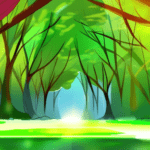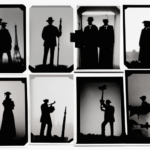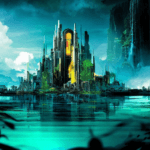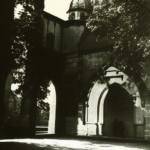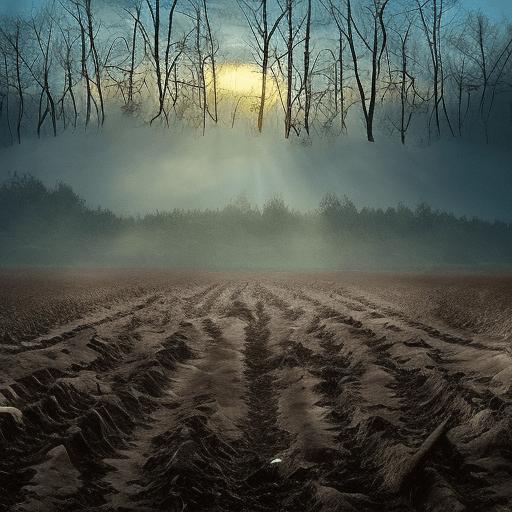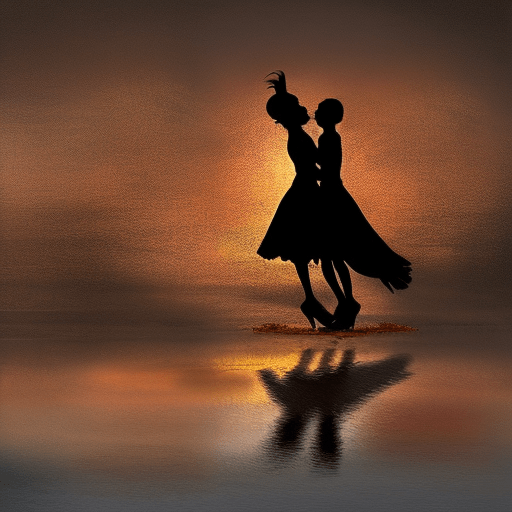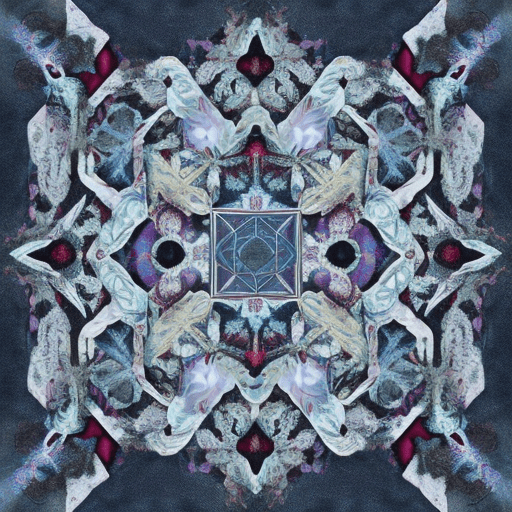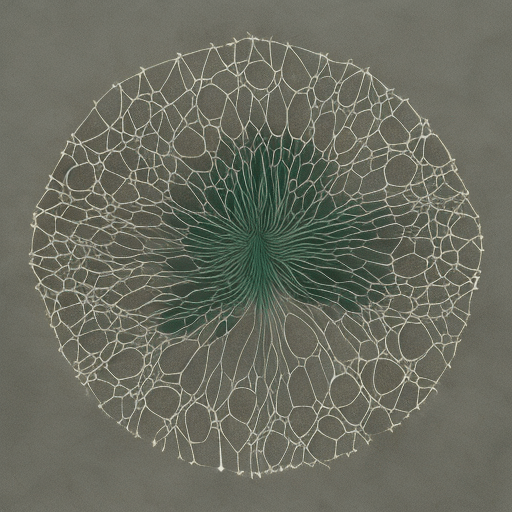One-line Summary:
Jean de Florette is a French drama film directed by Claude Berri. Set in rural Provence, the film tells the story of a man named Jean, who inherits a farm and dreams of growing carnations. However, his neighbors, Cesar and Ugolin, conspire to prevent him from succeeding, leading to tragic consequences.
Main Cast and Crew:
- Director: Claude Berri
- Writers: Claude Berri, Gérard Brach
- Key Actors: Gérard Depardieu (Jean de Florette), Yves Montand (Cesar Soubeyran), Daniel Auteuil (Ugolin Soubeyran)
- Music Director: Jean-Claude Petit
- Director of Photography: Bruno Nuytten
- Producers: Pierre Grunstein, Alain Poiré
Plot:
Jean de Florette follows the story of Jean, a hunchbacked man who inherits a farm in rural Provence. Determined to make a living by growing carnations, Jean moves to the countryside with his wife and daughter. Unbeknownst to him, his neighbors, Cesar and Ugolin, are secretly plotting to sabotage his efforts.
Cesar and Ugolin, who own the surrounding land, believe that Jean’s farm holds a hidden spring, essential for successful cultivation. They block the spring’s access, causing Jean’s crops to wither and die. Despite his relentless efforts, Jean fails to understand the reason behind his failure.
As time passes, Jean’s frustration grows, and he becomes increasingly desperate. Meanwhile, his daughter befriends a local shepherd named Manon, who accidentally discovers the blocked spring. Manon reveals the truth to Jean, who confronts Cesar and Ugolin.
The film reaches its tragic climax when Jean, driven to madness by his neighbors’ betrayal, dies while trying to unblock the spring. Devastated by the consequences of their actions, Cesar and Ugolin are left to grapple with guilt and remorse.
Themes and Motifs:
Jean de Florette explores themes of greed, betrayal, and the destructive nature of human ambition. The film highlights the stark contrast between the beauty of the Provencal countryside and the darkness that lies within the hearts of its inhabitants. It delves into the consequences of envy and the lengths people will go to in order to protect their own interests.
The motif of water plays a significant role in the film, symbolizing life, purity, and the hidden truths that lie beneath the surface. The blocked spring represents the suppression of truth and the manipulation of power, ultimately leading to tragedy.
Reception and Legacy:
Upon its release in 1986, Jean de Florette received critical acclaim for its compelling storytelling and exceptional performances. The film was nominated for several prestigious awards, including four Academy Awards and three BAFTAs. It won numerous César Awards, including Best Film and Best Director.
Jean de Florette’s legacy in cinema is undeniable. It is regarded as one of the greatest French films of all time, known for its powerful narrative and stunning cinematography. The film’s success led to a sequel, Manon des Sources, which further explored the consequences of the characters’ actions.
Recommendation:
Jean de Florette is a must-watch for fans of thought-provoking dramas. Its captivating story, brilliant performances, and beautiful cinematography make it a cinematic masterpiece. The film’s exploration of human nature and the consequences of our actions will leave viewers deeply moved and contemplating the complexities of life.
Memorable Quote:
“Water is life, and it is death. It is everything.”



